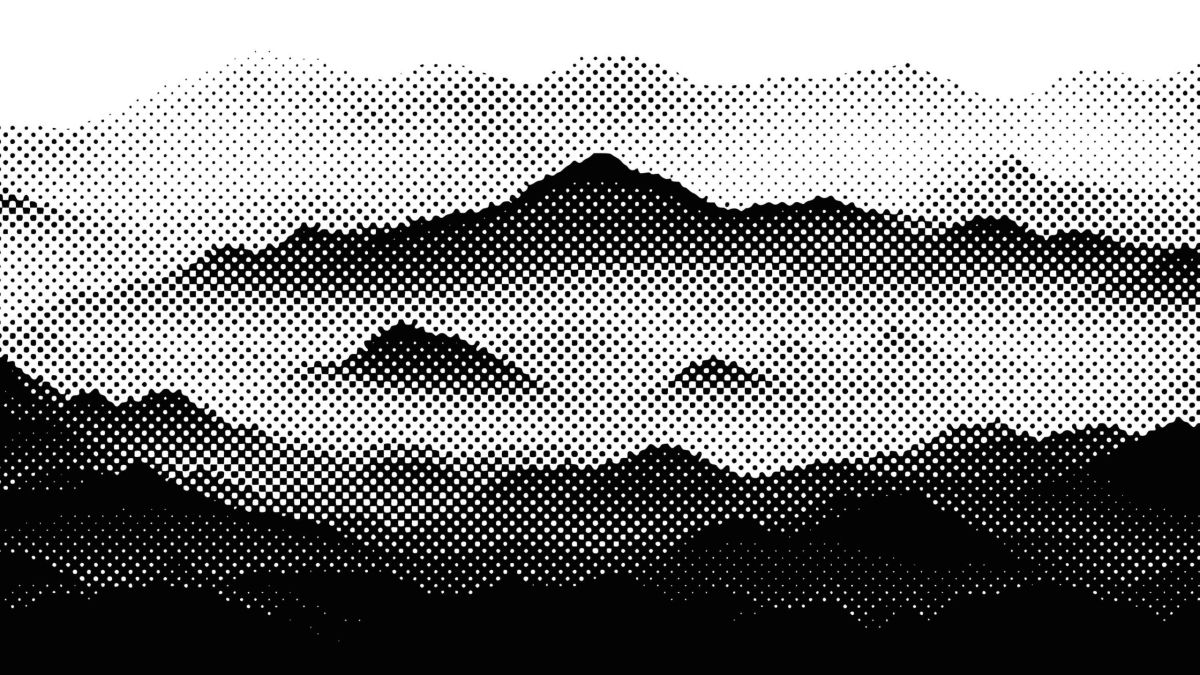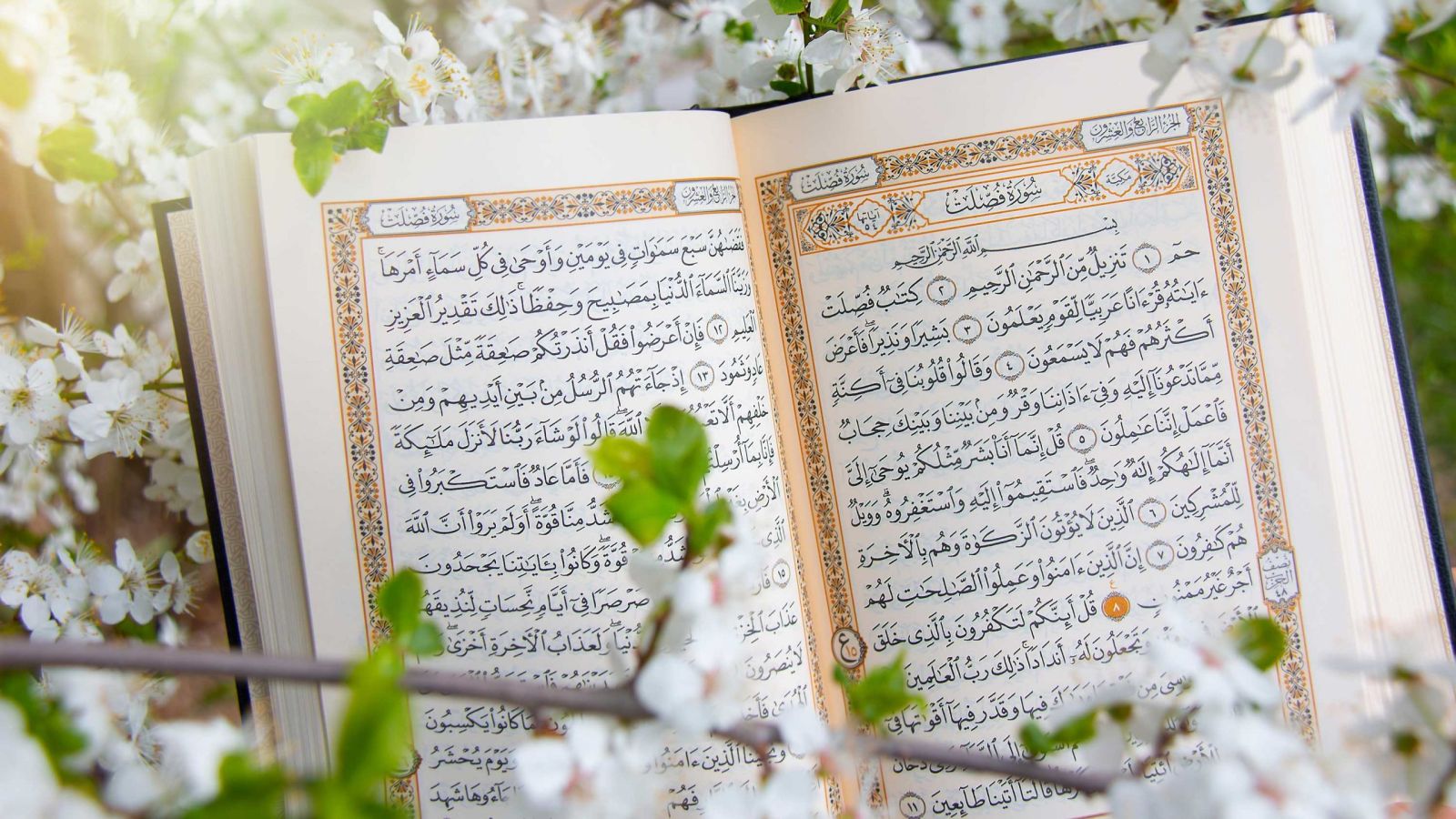Those Who Oppose Revelation Have Imitated Iblīs
Shaykh Muḥammad Amīn al-Shanqīṭī


Shaykh Muḥammad Amīn al-Shanqīṭī (d. 1393 AH) said:
The saying of the Most High:
إِلَّا إِبْلِيسَ أَبَىٰ وَاسْتَكْبَرَ
“Except Iblīs (Satan), he refused [to prostrate to Ādam] and was proud.”
(Al-Baqarah, 2:34)
The alleged reasoning for his arrogance is not clarified here. However, this is clarified in other places in the Qurʾān like His saying:
قَالَ أَنَا خَيْرٌ مِّنْهُ خَلَقْتَنِي مِن نَّارٍ وَخَلَقْتَهُ مِن طِينٍ
“Iblīs said: “I am better than him (Ādam), You created me from fire, and him You created from clay.””
(Al-Aʿrāf, 7:12)
And in His saying:
قَالَ لَمْ أَكُن لِّأَسْجُدَ لِبَشَرٍ خَلَقْتَهُ مِن صَلْصَالٍ مِّنْ حَمَإٍ مَّسْنُونٍ
“[Iblīs (Satan)] said: “I am not the one to prostrate myself to a human being, whom You created from sounding clay of altered black smooth mud.”
(Al-Ḥijr, 15:33)
The parable of the one who analogises his worth with the origin of his kind—which is fire—and analogises the worth of Ādam with his origin—which is clay—and him deducing from this his superiority over Ādam, and that prostration before him is therefore unbefitting in consideration of this superiority, even in the presence of an explicit order to the contrary which is the saying of the Most High:
اسْجُدُوا لِآدَمَ
“Prostrate yourselves before Adam.”
(Al-Baqarah, 2:34)
such a deduction is termed by the scholars of jurisprudence as a completely corrupt interpretation concerning which the writer of ‘Marāqī al-Saʿūd’ says: “Those who oppose the wording of a passage or consensus of the scholars have an interpretation that is corrupt, fully recognised by those with understanding.”
Thus, every individual who opposes the wordings of the revelation through analogies is preceded in their action by Iblīs. Furthermore, the analogy of Iblīs—may Allāh’s curse be on him—is false in three ways:
- His interpretation is corrupt as it opposes the explicit command issued in the passage, as aforementioned.
- We do not concede that fire is better than clay. Rather, clay is better than fire. This is because the nature of fire is weightless, recklessness, spreading corruption and division. While the nature of clay is calm, composed, and a means of goodness and benefit. When a seed is planted within it, stalks of grain are produced or a date pit that produces a palm tree. For if you wish to truly acknowledge the value of clay or dirt, observe a massively fruitful, ripe garden and that which it contains from delicious fruits, beautiful flowers, and sweet-smelling fragrances. You will then know that clay is superior to fire.
- Even if we, for the sake of argument, were to concede that fire is better than clay, it would still not stipulate that Iblīs is better than Ādam. This is because the honour attached to one’s origin in no way stipulates the same honour for what is produced from it. Rather, it may be that one’s origin is worthy of veneration while it produces that which is despicable in nature. As a poet once said: “If you are proud of your honourable forefathers, we say: True, but how despicable is the one they have birthed.”
Source: Aḍwāʾ al-Bayān 1: 86-88
Translated by: Riyāḍ al-Kanadī
Most Popular: Last 30 Days

















